Summary
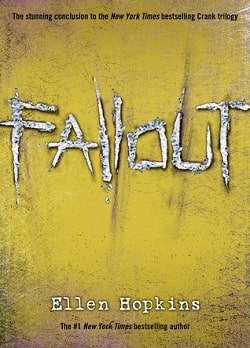
Fallout (Crank 3)
by Ellen Hopkins
Hunter. Autumn. Summer.
Different homes. Different guardians. Different last names.
Different lives.
But there is one person who binds them together.
Kristina.
Nineteen years after Kristina Snow met the monster---crank---her children are reeling from the consequences of her decisions. Instead of one big, happy family, they are a desperate tangle of scattered lives united by anger, doubt, and fear.
A predisposition to addiction and a sense of emptiness where a mother's love should be leads all three down the road of their mother's notorious legacy. Sex, drugs, alcohol, abuse---there is more of Kristina in her children than they would ever like to believe. But when the thread that ties them together brings them face-to-face, they'll discover something powerful in each other and in themselves---the trust, the hope, the courage to begin to break the cycle.
Fallout is bestselling author Ellen Hopkin's riveting conclusion to her trilogy begun by Crank and Glass. It is a revelation and a testament to the harsh reality that addiction is never just one person's problem.
.
Read
Fallout (Crank 3) on http://kissnovel.net
Martial Peak Reviews
Fallout, the third installment in Ellen Hopkins' acclaimed Crank series, is a poignant exploration of the far-reaching effects of addiction, particularly as it pertains to familial relationships. Picking up nearly two decades after the events of Crank and Glass, this novel delves into the lives of Kristina Snow's three children—Hunter, Autumn, and Summer—who are each grappling with the legacy of their mother's struggles with addiction. Through their intertwined narratives, Hopkins masterfully illustrates how the ripples of one person's choices can profoundly affect the lives of others.
The book is structured around the distinct voices of its three protagonists, each representing a different facet of Kristina's legacy. Hunter, the eldest, is a young man who feels the weight of his mother's decisions pressing down on him. He is caught in a cycle of anger and confusion, struggling to carve out his own identity while battling the shadows of addiction that loom large in his family history. Autumn, on the other hand, embodies the search for acceptance and love, often feeling abandoned and lost in a world that seems to have forgotten her. Lastly, Summer, the youngest, grapples with feelings of inadequacy and the desperate need for connection, which leads her down a perilous path of self-discovery.
Hopkins’ choice to use free verse poetry as her narrative style is both striking and effective. This format allows for an emotional depth that traditional prose might struggle to convey. Each character's voice is distinct, yet they all share a common thread of pain and resilience. The poetic structure enhances the rawness of their experiences, making their struggles with addiction, identity, and familial bonds all the more palpable. The lyrical quality of the writing invites readers to feel the characters' emotions deeply, creating a visceral connection that lingers long after the last page is turned.
One of the most compelling themes in Fallout is the concept of inherited trauma. Hopkins does not shy away from depicting the harsh realities of addiction and its consequences, showing how Kristina's choices have left indelible marks on her children. Each character's journey reflects a different aspect of this inherited pain—Hunter's anger, Autumn's longing, and Summer's confusion—all of which stem from their mother's struggles. This theme resonates with readers who may have experienced similar familial challenges, making the narrative all the more relatable and impactful.
Moreover, the novel tackles the idea of breaking the cycle of addiction. As the siblings confront their shared history and the impact of their mother's actions, they begin to forge their own paths toward healing. The moments of connection between them are powerful, illustrating the importance of understanding and support in overcoming personal demons. Hopkins emphasizes that while addiction may be a formidable adversary, the bonds of family can provide a source of strength and hope.
The character development throughout the novel is profound. Each sibling undergoes significant growth as they navigate their individual struggles and ultimately come together to confront their shared legacy. Hunter's journey is particularly striking; he evolves from a young man consumed by anger to someone who begins to understand the complexities of his mother's addiction and its impact on his life. Autumn's character arc showcases her transformation from a girl seeking validation to a young woman who learns to embrace her worth. Summer, too, finds her voice and identity, ultimately realizing that she is not defined solely by her mother's choices.
In comparison to other works that explore similar themes, such as Beautiful Boy by David Sheff or Go Ask Alice by Anonymous, Fallout stands out due to its unique narrative style and the depth of its character exploration. While both of those books offer poignant insights into addiction, Hopkins’ use of multiple perspectives allows for a more nuanced understanding of how addiction affects not just the individual, but the entire family unit. The emotional resonance of Fallout is heightened by its poetic form, making it a compelling read for those interested in the complexities of addiction and familial relationships.
Ultimately, Fallout serves as a powerful testament to the idea that addiction is never just one person's problem. Hopkins deftly illustrates how the consequences of addiction ripple through the lives of loved ones, creating a tapestry of pain, resilience, and hope. The novel is a reminder that while the past may shape us, it does not have to define our futures. As Hunter, Autumn, and Summer come to terms with their mother's legacy, they also discover the strength to forge their own identities and break free from the chains of addiction.
In conclusion, Ellen Hopkins has crafted a riveting and emotionally charged conclusion to the Crank trilogy with Fallout. It is a story that resonates deeply, offering readers not only a glimpse into the struggles of addiction but also a message of hope and the possibility of redemption. This book is a must-read for anyone seeking to understand the complexities of addiction and its impact on family dynamics.




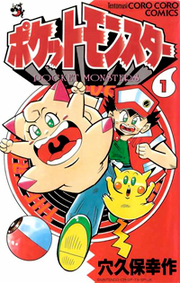

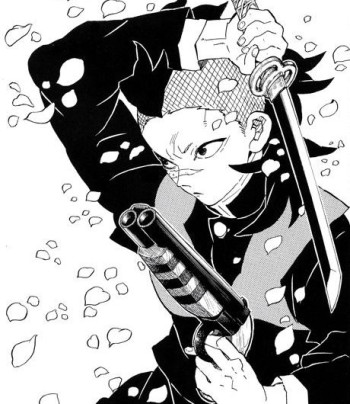

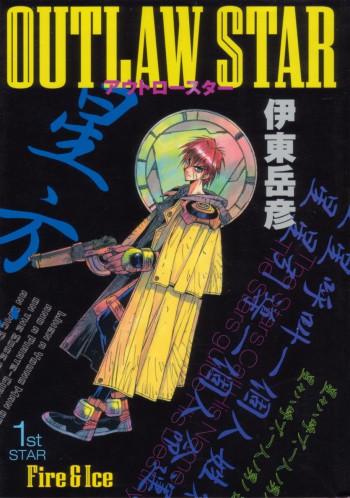
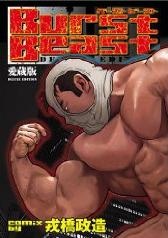
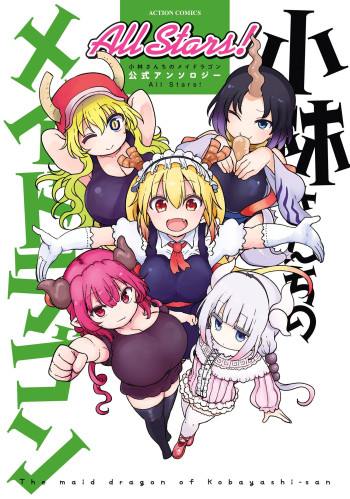

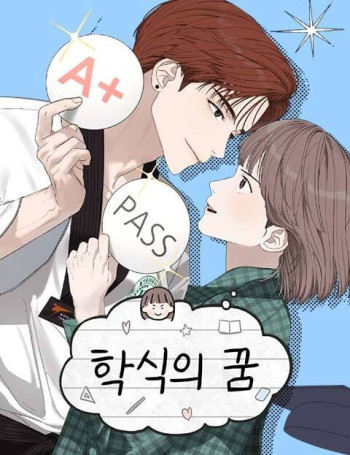











Reviews 0
Post a Reviews: